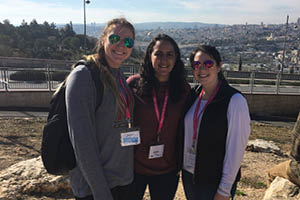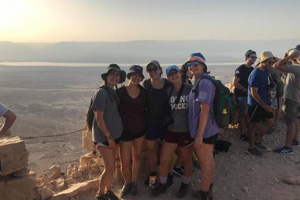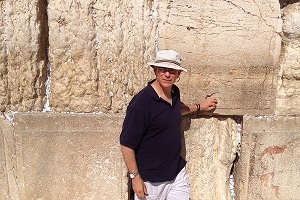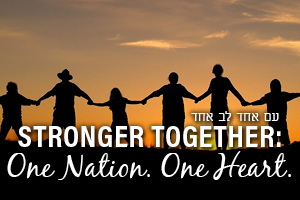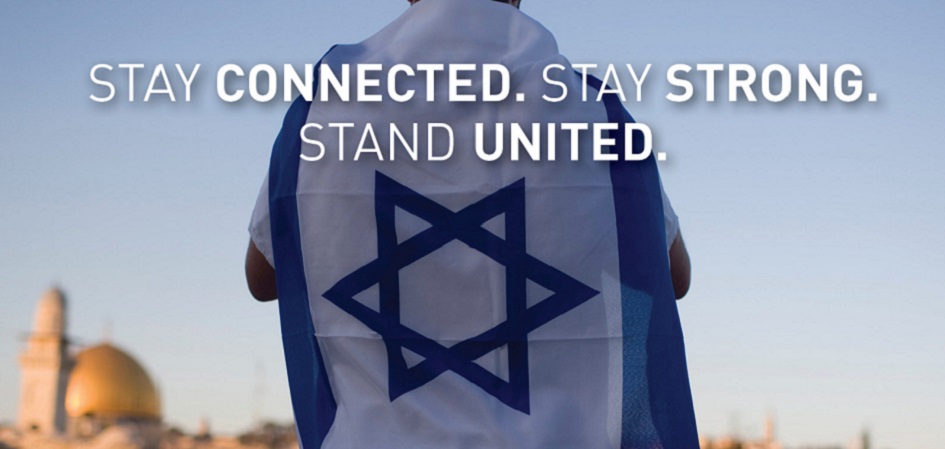Moving Beyond the Emotional Connection
By Vanessa
Being a member of the Jewish community automatically means that you are a member of the People of Israel. But most people don’t automatically make that connection. Instead, most tend to create labels for what being Jewish might mean. It might be a religious affiliation, it might mean being from a Jewish family but not believing in Judaism. It could mean having a strong appreciation of our ancestral homeland, or it might only mean that someone likes challah, pastrami and other culturally Jewish traditions.
But what if more people could understand what being a part of this ancient people means?
The state of Israel was created as a safe haven for the Jewish people as a result of the long history of antisemitism and a direct result of the Holocaust. Having a country to turn to when in danger is a privilege but it is a consequence of what our ancestors and even family have gone through where they’ve felt as if they were no longer safe in a place they had once called home.
There are complex parts of being Jewish can have some pretty challenging ramifications - especially for young Jews trying to establish a strong and positive personal identity. Despite the many attempts to get rid of antisemitism, it is still rampant across the world, always changing its appearance, but the trends repeat themselves in every generation. Today, seemingly more than ever, the face of this hatred is forcing young Jews to question their interest or allegiance to our Jewish heritage.
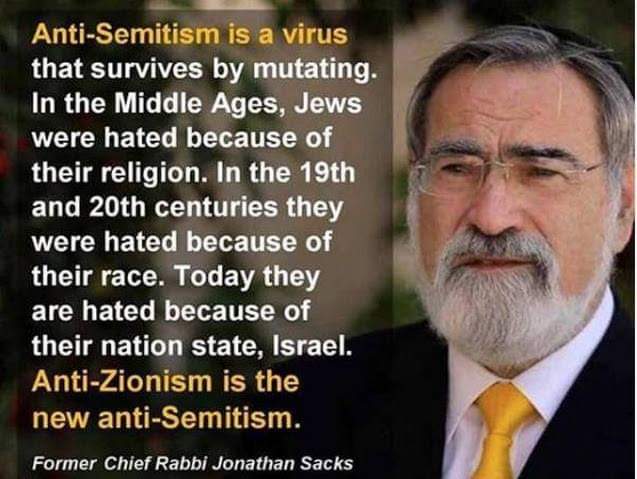
Some of the challenges that I have personally faced have taught me just how hard it can be to stand proud in spite of the outbursts of animosity. The difficulty of walking home in my school uniform in London while other children from other schools shout certain comments as they see the Hebrew logo. Although I have never felt as if I was in danger in a situation like this, there have been many instances where my peers or other children have felt threatened, have been targeted and, sadly, have been left ill-equipped to counter the impact of the attack. Even if they walk away unscathed, there is not a child in the world who is not pained in their heart or mind, whose identity is now in question, and who might feel lost amidst the confusion that seems to come along with being a Jew.
Already from high school, we were warned countless times about people who have targeted Jewish school kids for muggings and other hate crimes. These hate crimes would often be at a high during the times the Israel-Palestine conflict would flare up, because every Jew becomes a target no matter the politics. There were a couple of families that had their mezuzahs ripped off their doors. These malicious incidents show that public opinion equates all Jews, and is based on an assumed connection with Israel.
In fact, it shows that there is a general understanding that all Jewish people should share an affiliation with the Jewish state. We know this is not always true, as a result of political differences and the unfortunate widespread acceptance of the demonization of Israel. But as Theodor Herzl once wrote in his manifesto on how to combat antisemitism:
“We may see each other as different, but the world will forever see us as one…Distress binds us together, and, thus united, we suddenly discover our strength….Thus, whether we like it or not, we are now, and shall henceforth remain, a historic group with unmistakable characteristics common to us all. We are one people.”
As a diaspora Jew living in London, I can sense the implications of Herzl’s idea quite easily. And I am lucky to have been raised in an environment that taught me to appreciate the values of what it can mean to me to be a Jew today. So even though I don't go to Israel often, and on my average day I have little involvement with Israel, it is a place that is very close to my heart. My connection to Israel is more than an emotional connection, but also a practical one - in which I know that it is a place that will always remain an option for me or any Jew to live and turn to when in need.
Despite all conflicts in Israel that have been covered by the media, I would certainly say that I feel safer to show that I’m Jewish in Israel rather than anywhere else. But besides serving as a safe haven, the rich Jewish history which has taken place here as my ancestors once lived in Israel and migrated away from the land is one of the most important aspects of what keeps my connection going even from far away, safe in a community where - at least today - I am not physically at risk.
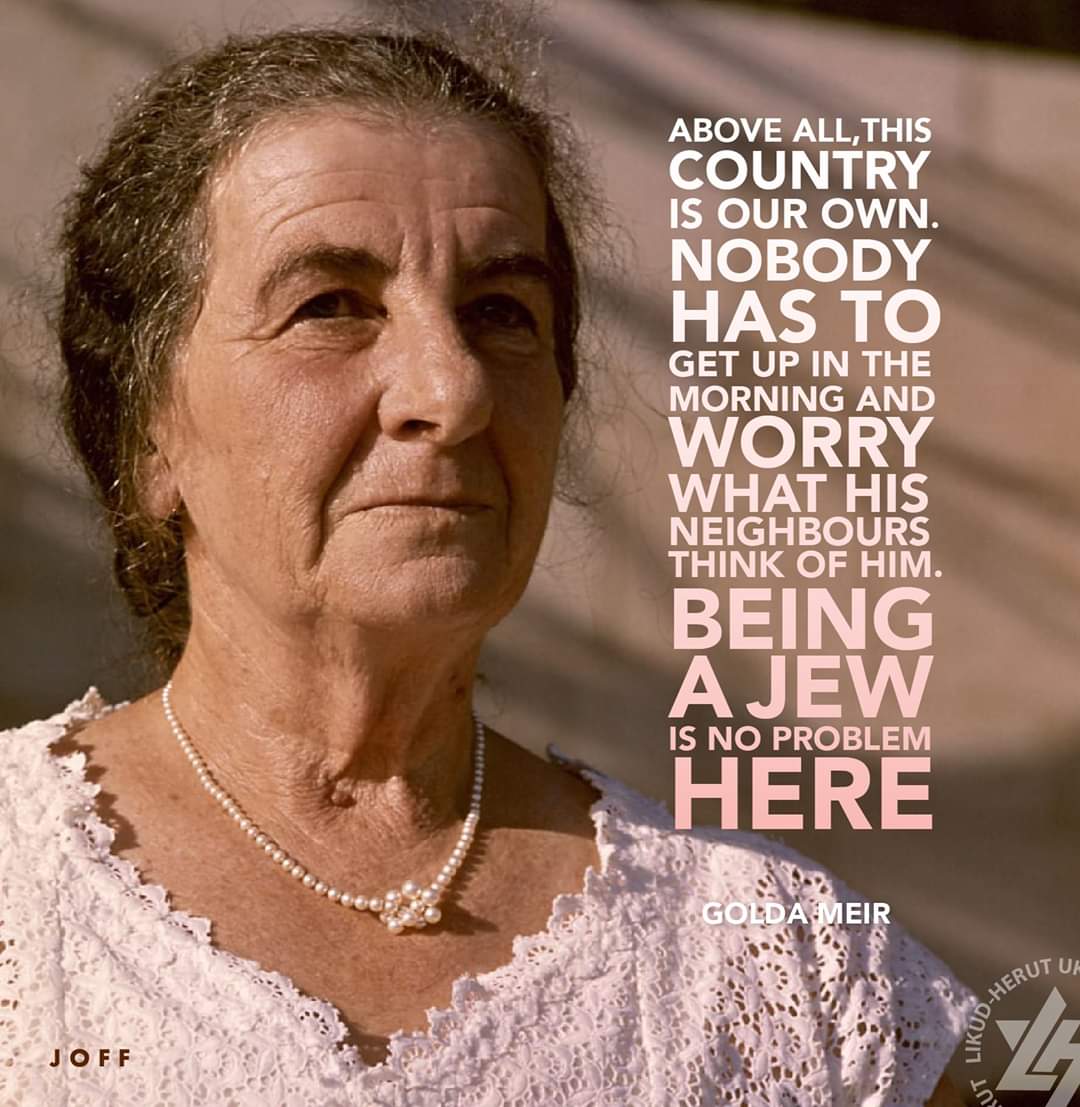
And yet, the story of Israel is challenging to tell because of the rich history of the Jewish people and as a result of the exile, endless occupations by the Greeks, Babylonians, Romans, Ottomans, and the British. Moreover, as a result of too few recognizing that the modern state of Israel is the rebirth of an ancient sovereign kingdom just like those of tribes around the world connected to their indigenous homeland. But because of the 2000 year exile, the connection that Jews kept alive to the Land of Israel is emotional, rooted in the Bible, in prayer, in tradition, and, therefore, is more complex than most people would understand.
To respond to this growing dilemma, we must have some place to turn. Somewhere we can go to stay informed, engaged and inspired. Efforts such as those of Israel Forever are deeply important to Jews like myself, as it allows people around the world to understand Israel and all there is to love about it. Diaspora Jews do not have the privilege of living in Israel and seeing all that it has to offer on a daily basis, therefore the Israel Forever Foundation plays an important role as it keeps the disaffected connected to Israel as a part of our identity - of who we are as individuals and the collective we belong to.

